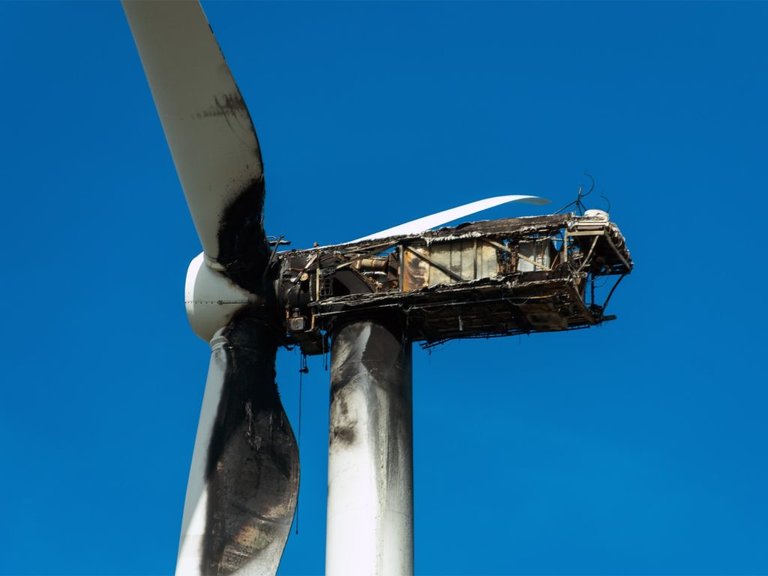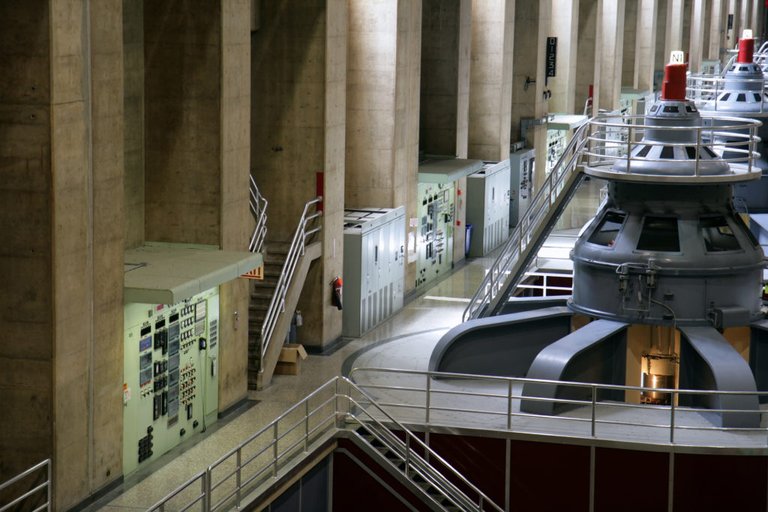Generator Motoring: What It Is and How to Protect Against It.

Generator motoring is exactly what it sounds like: the generator acts like a motor. In a typical generator, a prime mover (such as a steam turbine) supplies mechanical power to the generator, which is converted to electrical power and delivered to the electrical system.

Generator Motoring can seriously damage your wind turbines
What Causes Generator Motoring?
Generator motoring is a condition that happens when the prime mover can not supply enough power to the AC generator to account for the load demand on the generator. The electrical system needs to make up for this loss in prime mover input power. When this happens, the generator begins to act like a motor, by absorbing real power from the electrical system. This is to make up for the supplied power deficiency by speeding up the prime mover.
Consequences of Generator Motoring
Protection against generator motoring is designed to protect the prime mover as opposed to the generator. Motoring does not necessarily harm your generator, but it will cause the prime mover to overheat. Field excitation should remain the same as before generator motoring occurs, so the same reactive power will be flowing from the generator.
So with generator motoring, real power flows in to the generator and reactive power flows in to and out of the generator.

Motoring could cause your prime mover to overheat, ruining your turbine.
Generator Motoring is Hard to Detect
Any relay designed to detect generator motoring has to be extremely sensitive to respond to the first increment of reverse power (power flowing in to the generator from the electrical system as opposed to power flowing out of the generator into the electrical system).
Reverse Power Required During Generator Motoring is Different for Different Prime Movers
When the prime mover spins at synchronous speed with no power input, the approximate reverse power required to cause generator motoring is different for different types of prime movers.
As a % of nameplate rating in kW, the approximate reverse power required to cause a generator to motor is:
- Condensing steam turbine – 3%
- Non-Condensing steam turbine – 3% or greater
- Diesel Engine – 25%
- Gas turbine – 50%
- Hydraulic Turbine – 0.2 to 2%

Different types of prime movers have different motoring characteristics. These hydro turbines are different than gas turbines or diesel engines.
How to Protect Against Generator Motoring
Generator motoring protection can be provided by limit switches or exhaust hood temperature detectors. If you need a large number of these devices, add a reverse power relay. Reverse power relays are common in diesel generators, where unburned fuel is both an explosion hazard and a fire hazard. Hopefully now you know a little bit more about generator motoring. If you have any other questions, about motoring or anything else, feel free to e-mail me at [email protected]. Also, make sure to sign up for our weekly newsletter below: we cover a wide variety of topics, possibly including answers to questions you have after reading this article! As always, thanks for reading!If you like this article and want to hear more sign up for our newsletter at jmkengineering.com/newsletter
0
0
0.000
0 comments